You can also listen to this podcast on iono.fm here.
ADVERTISEMENT
CONTINUE READING BELOW
Africa holds over 60% of the world’s uncultivated arable land and boasts a rich tapestry of climates and resources. Yet, paradoxically, the continent remains heavily reliant on food imports.
In the latest episode of the Business of Africa Podcast, PhD student Hamond Motsi joins the conversation to unpack this contradiction and offer a compelling, clear-eyed look at how agriculture, trade, and politics intersect across the continent.
Motsi explores why Africa, despite its natural endowments, cultivates only a fraction of its farmland. The issue, he argues, is not just one of capacity but of structure – limited access to financing, poor infrastructure, fragmented markets, and weak political leadership all contribute to a food system that is underperforming.
Even simple trade is fraught with inefficiencies: garlic grown in southern Africa ends up imported from China due to logistical and regulatory gaps.
He discusses the promise and pitfalls of the African Continental Free Trade Area (AfCFTA), which was created to boost intra-African trade but remains hampered by slow implementation and protectionist tendencies.
Listen: AfCFTA can be a competitive advantage for Africa
Political instability in key agricultural economies, such as Nigeria, Ethiopia, and the DRC, only deepens the challenges, threatening both food production and distribution.
ADVERTISEMENT:
CONTINUE READING BELOW
Zimbabwe’s own story offers a stark microcosm. Once a breadbasket of southern Africa, it suffered severe disruptions following contentious land reforms. Today, while some sectors like tobacco have rebounded, the country still struggles with hunger and high food prices, revealing that land reform alone isn’t enough – support systems, investment, and consistent policy are essential.
Read: Food insecurity in Zimbabwe is on par with war-stricken nations, says WFP
What emerges from this episode is not just critique, but vision. Motsi advocates for practical reforms: investing in value chains, supporting farmers with credit and training, and embracing regional cooperation. Africa, he insists, has all the ingredients to feed itself – and more.
This episode of the Business of Africa is a thoughtful, essential listen for anyone interested in the future of African economies, food security, or sustainable development.
Follow Moneyweb’s in-depth finance and business news on WhatsApp here.

 5 days ago
1
5 days ago
1
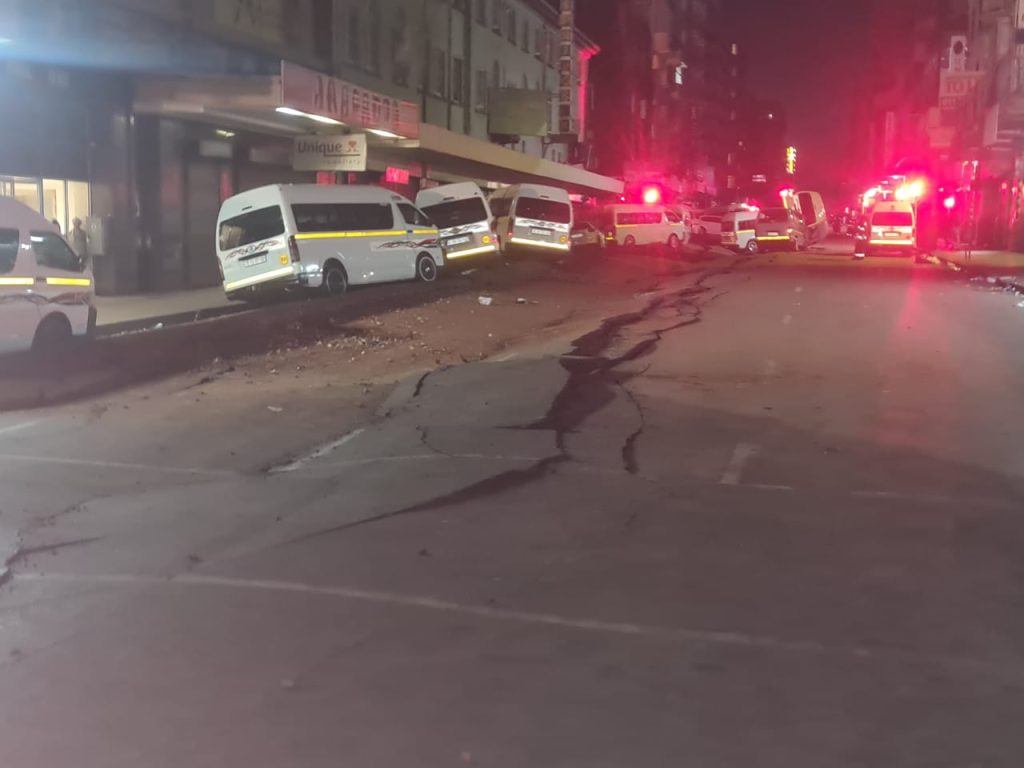


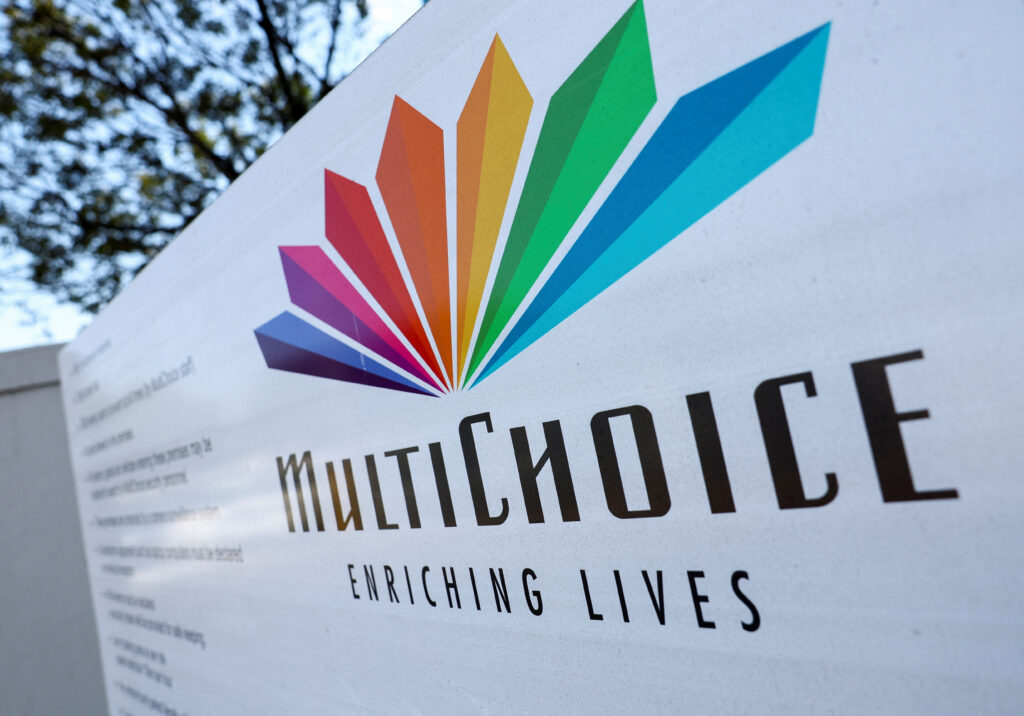









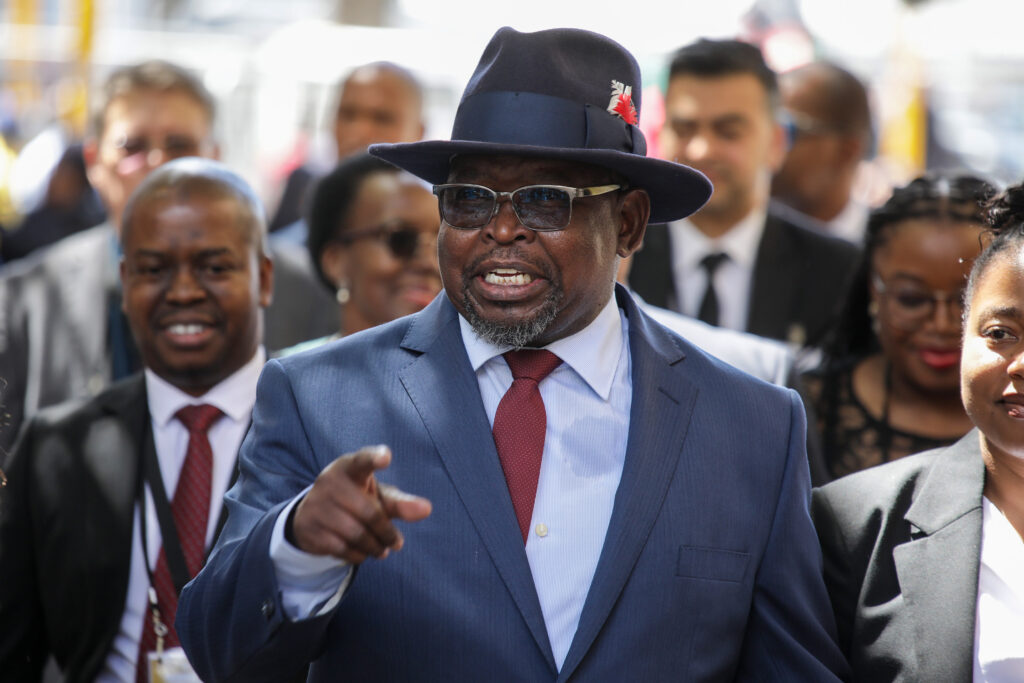






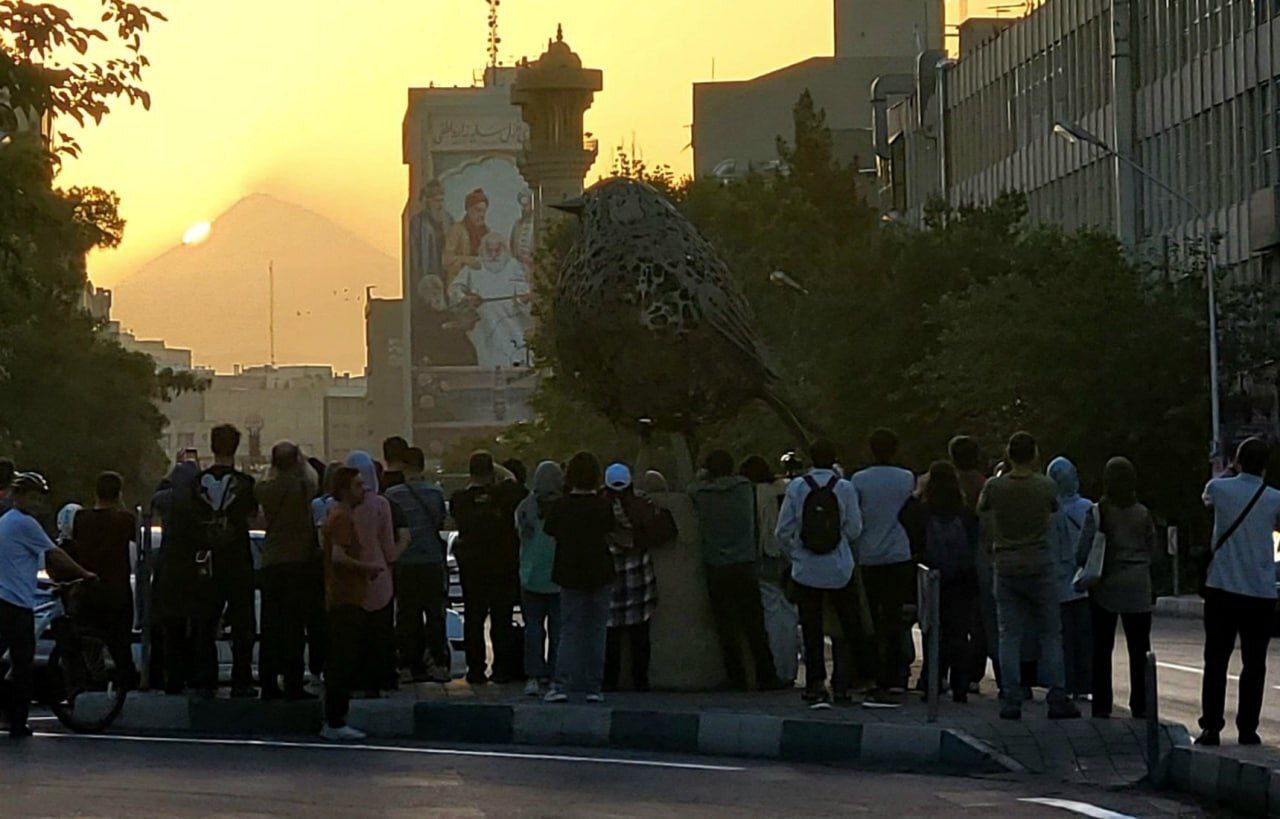
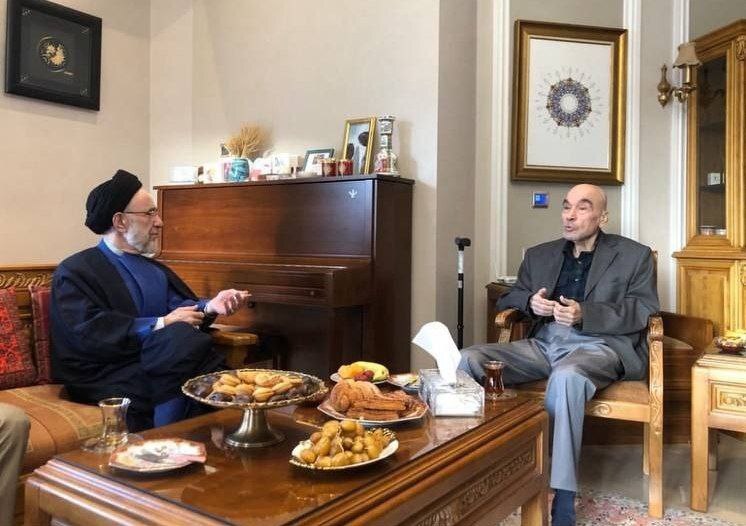
 English (US) ·
English (US) ·